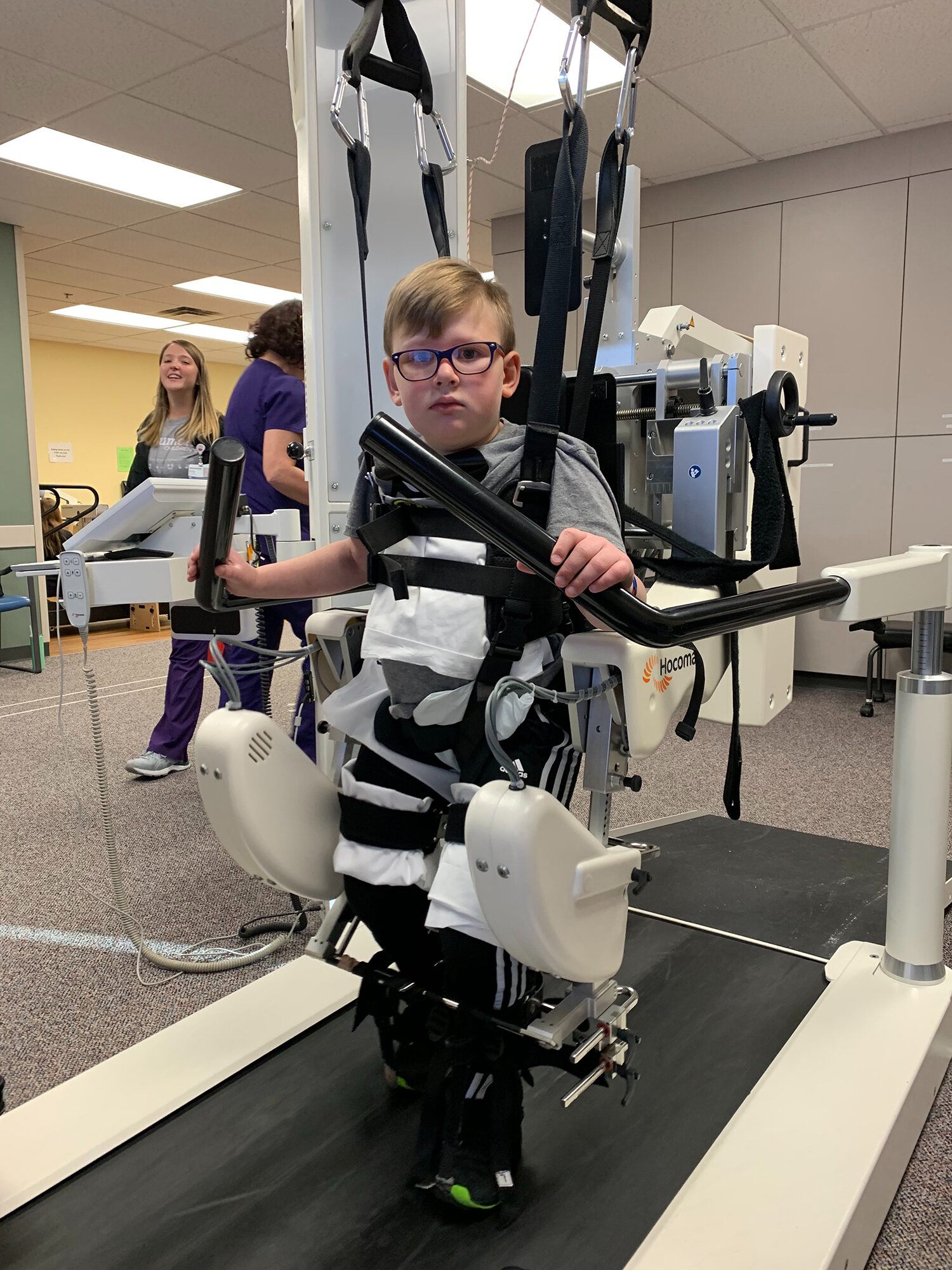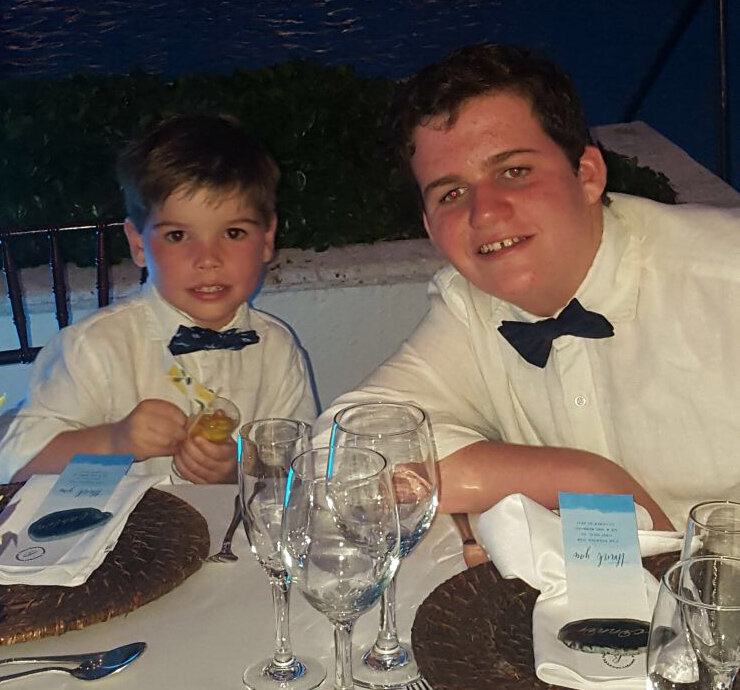Managing Hypopituitarism Patients During COVID-19
Most hypothalamic-pituitary brain tumor patients suffer from secondary adrenal insufficiency (SAI), which is the brain’s inability to signal cortisol production in the event of the body being in distress, and diabetes insipidus (DI), the which is a result of the disruption of production of the anti-diuretic hormone which causes issues with body fluid balances and blood sodium levels. With the coronavirus outbreak, many questions have been raised about patients with SAI being immunosuppressed or “high-risk.”











